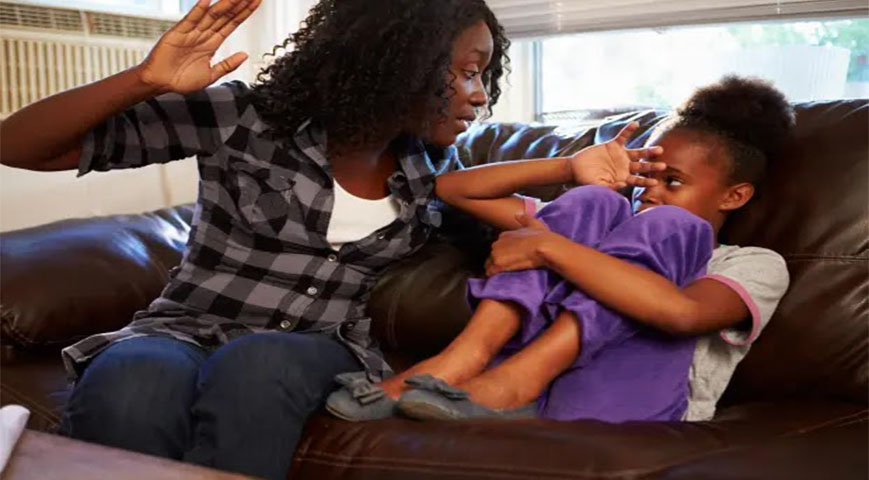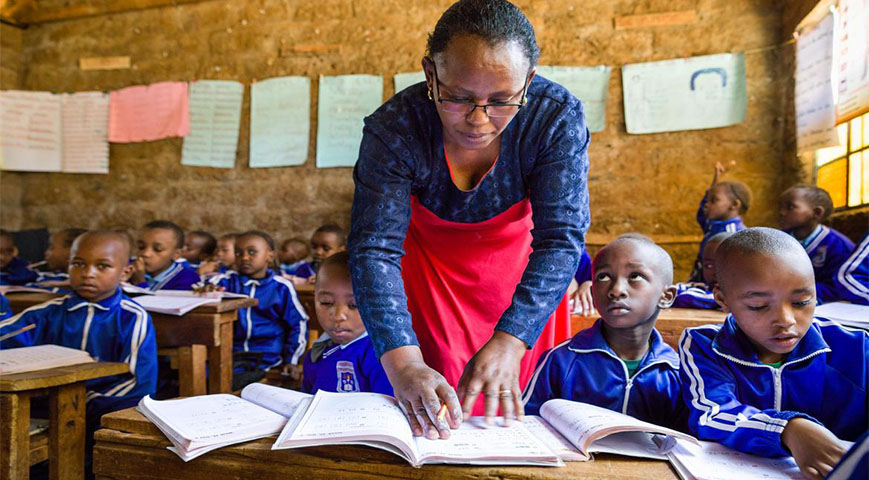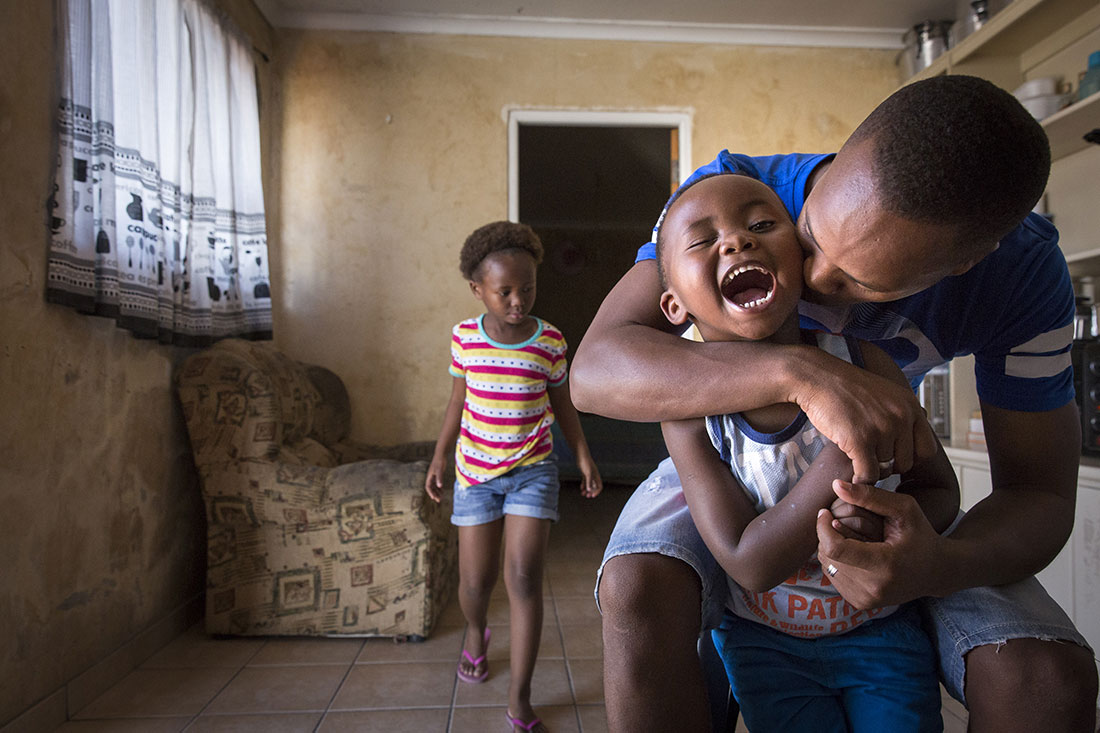A loving father in the home is critical for children's proper growth and well-being. According to research, kids with implicated and respectful fathers have better academic achievement, behaviour, and mental health results.

Fathers have a unique role to play in their childhood development. They provide different viewpoints and personal experiences that can help children understand and navigate the world. Fathers are also more engaged in disciplining and setting boundaries for their children, which allows them to learn crucial life skills like self-control and responsibility.
In addition to offering practical guidance and support, fathers serve as positive role models for their children. Positive father-child relationships increase the likelihood of children developing meaningful relationships with others and having higher self-esteem. Children with a father figure are also more likely to have good emotional well-being and refrain from engaging in risky behaviour.
Did you read this?
Fathers also provide sentimental support and a sense of safety to their children. Kids who think their fathers are involved in and concerned about their lives are more likely to be hopeful. They also are more adaptable and have improved coping skills when faced with adversity.

Despite the numerous benefits of needing a loving father inside the household, many kids grow up without a father figure. This situation can hurt their growth and well-being. Supporting and implicating fathers in their children's lives through programs and initiatives can assist in reducing these harmful impacts and promoting positive outcomes for kids.
A good father in the home is critical to children's development and well-being. Fathers provide clear advice, positive role models, emotional security, and a feeling of safety to their children. Father-supporting programs and initiatives can ensure that all children benefit from the sound impact of a father figure in their lives.












